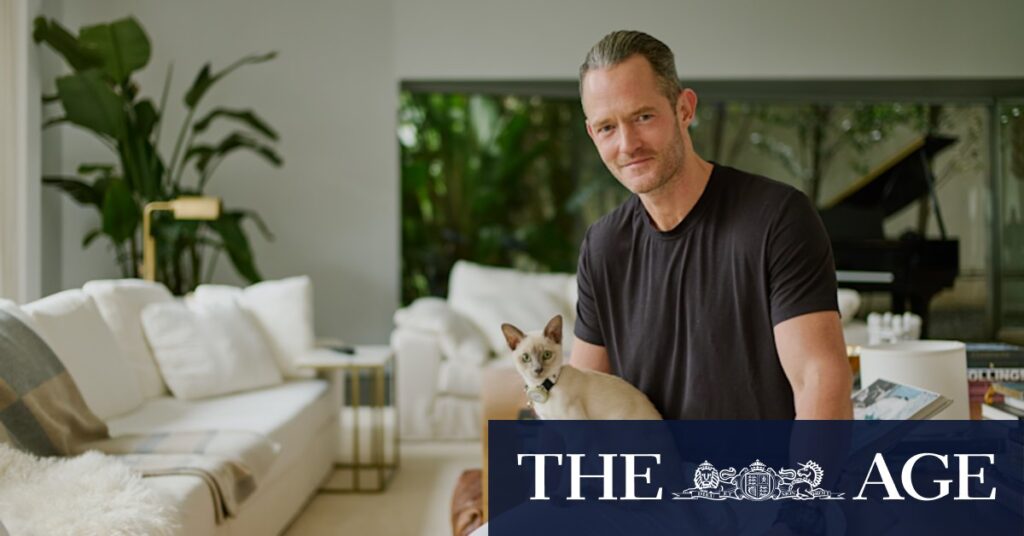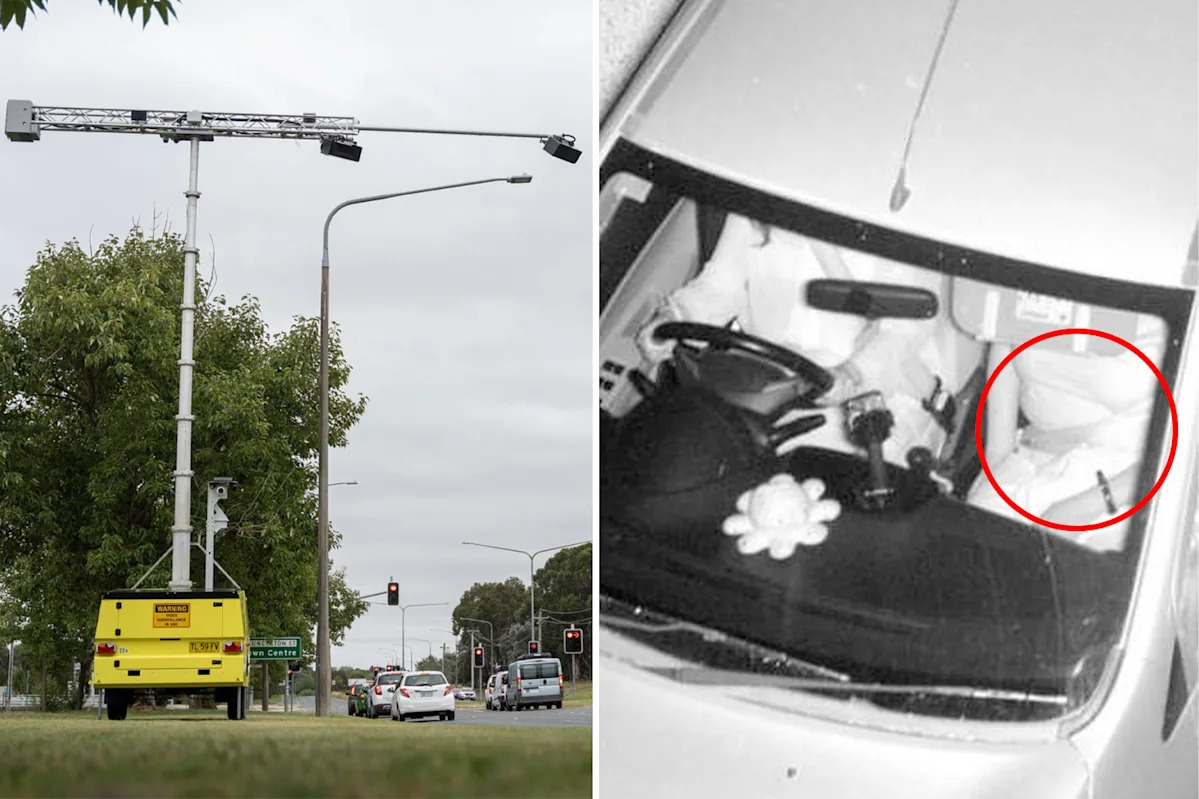
Tim Gurner, a Melbourne-based property developer, is known for his meticulous attention to detail and ambitious vision for luxury living. Over the past decade, he has expanded his operations from a small local developer to a national powerhouse, overseeing a multibillion-dollar portfolio of opulent apartment towers and wellness clubs. However, his journey has been anything but smooth, marked by both groundbreaking achievements and public controversies.
Gurner’s approach to property development is characterized by his hands-on involvement in every aspect of his projects. He is known to personally approve the design of sauna door handles and even travel long distances to select the perfect palm tree for his properties. This eye for detail has been a key factor in his rise to prominence in the Australian real estate market.
The Rise of a Visionary
Gurner’s ascent in the property world began with his early ventures in Melbourne, where he quickly made a name for himself. His mentor, publisher Morry Schwartz, describes him as highly intelligent and capable of controlling his environment with remarkable precision. This control, however, is often challenged by unforeseen chaos, sometimes of his own making.
In 2017, Gurner faced a global backlash after suggesting that aspiring homebuyers should cut back on luxuries like “smashed avocados” to afford homes. Again in 2023, he stirred controversy by stating that Australia needed an economic downturn to remind people of their roles as employees. His comments, viewed millions of times on social media, sparked widespread criticism, though he maintains that the underlying issue of productivity is real.
Controversies and Challenges
Despite his successes, Gurner has faced significant challenges. The completion of the Saint Moritz apartments in 2023, a $550 million development in St Kilda, was met with both acclaim and criticism. While some praised the project’s luxury and innovation, others, including billionaire investor Alex Waislitz, threatened legal action over unresolved defects.
Further controversy arose when Gurner’s wellness clubs, known for their anti-aging and bio-hacking offerings, were accused of elitism and racism. A social media campaign led by Christopher Shao alleged discriminatory practices, prompting an external audit that cleared the clubs of wrongdoing. Gurner denies the allegations, emphasizing the diversity of his clientele.
A Legacy in the Making
Gurner’s journey from a young entrepreneur to a leading figure in the Australian property industry is marked by his strategic vision and marketing prowess. His developments, such as the Victoria & Vine project in Collingwood, have been praised for their design excellence and innovation.
David Hodge, former head of the Victorian planning department, describes Gurner as a marketing genius, while others caution that he must deliver on his promises to leave a lasting legacy. Antony Catalano, a media mogul and hotelier, notes that Gurner has the potential to significantly impact the industry but must learn to under-promise and over-deliver.
Personal Influences and Entrepreneurial Spirit
Gurner’s entrepreneurial spirit was evident from a young age. Inspired by earth-movers reshaping his childhood landscape, he pursued a career in property development after a brief stint in real estate. His mother, Sandie de Wolf, a respected charity leader, and his late father, Colin, a structural engineer, instilled in him values of compassion and determination.
Gurner’s early ventures included a gym called My Wellbeing, which he opened with a bank loan and family support. After selling the gym, he joined Morry Schwartz’s development company, where he honed his skills and eventually launched his own firm, the Gurner Group, in 2013.
Future Prospects and Industry Impact
Today, Gurner oversees 28 apartment development sites across Australia, with ambitious plans for expansion. His strategic meetings emphasize health and wellbeing, reflecting his personal commitment to longevity and fitness.
While Gurner’s journey has been fraught with challenges, his influence on the property industry is undeniable. As he continues to navigate the complexities of luxury development, his ability to adapt and innovate will be crucial in shaping his legacy.
In the words of Melbourne’s lord mayor Nick Reece, Gurner is a “visionary” whose commitment to design excellence sets him apart in an industry often driven by profit. As he moves forward, the balance between ambition and accountability will define his impact on the Australian real estate landscape.





